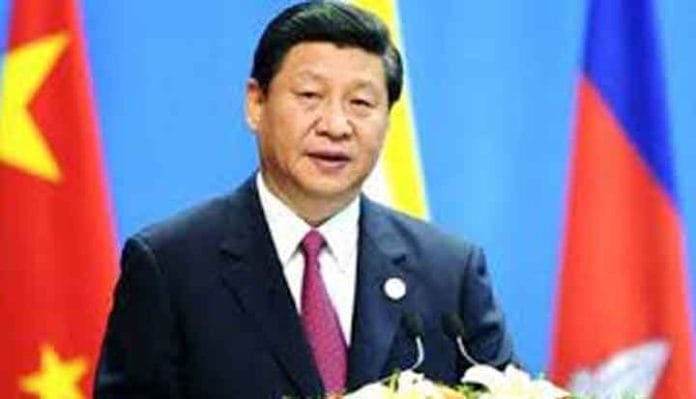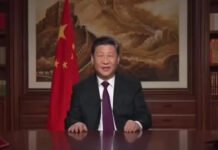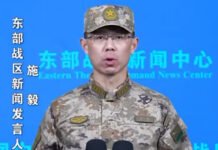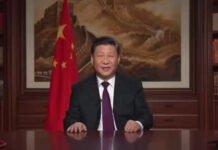INVC NEWS
Beijing – Tensions between China and Taiwan have been escalating, and recent developments are drawing increased global attention. Chinese President Xi Jinping’s strong statements about military readiness, coupled with large-scale military drills around Taiwan, have sparked fears of a potential attack. Given the longstanding disputes between China and Taiwan, these maneuvers are raising serious concerns about the stability of the region and the possibility of a larger conflict.
Xi Jinping’s Call for Military Readiness:
President Xi Jinping has recently urged the Chinese military to be prepared for conflict, a statement that cannot be overlooked in the context of China’s ongoing military exercises around Taiwan. These drills, taking place in the waters surrounding Taiwan, in northern regions, and in central China, are part of a broader effort to enhance the readiness of Chinese forces. This directive from Xi underscores China’s intentions to strengthen its military capabilities and maintain a position of power in the region. The implication is clear: China is preparing for all contingencies, and Taiwan is at the center of these preparations.
China’s Claim on Taiwan: Historical Context:
The roots of the China-Taiwan dispute go back to 1949, when the Chinese Civil War led to the establishment of the People’s Republic of China on the mainland and the retreat of the Kuomintang government to Taiwan. Since then, China has viewed Taiwan as a breakaway province that will eventually be reunified with the mainland. However, Taiwan operates as a self-governing entity with its own government and democratic system, considering itself a sovereign state. This fundamental disagreement over Taiwan’s status is at the heart of the current tensions, with China persistently asserting that any move toward Taiwanese independence would be met with force.
Military Drills Around Taiwan:
China’s recent military drills around Taiwan are among the largest in recent years and are designed to simulate a range of military operations, including blockades and amphibious assaults. These exercises, conducted on land, sea, and air, are being closely monitored by Taiwan and its allies. Many observers view these drills as a message to both Taiwan and the international community that China is serious about asserting its claims over the island. While these exercises may be intended as a show of strength, they also raise the possibility that China is laying the groundwork for a potential invasion.
Xi Jinping’s Warnings to Rival Nations:
In his recent statements, Xi Jinping has not only focused on Taiwan but also issued warnings to nations that support Taiwan, particularly the United States. The U.S. has long been a key ally of Taiwan, providing arms and military training to its forces, much to the displeasure of Beijing. Xi’s comments suggest that China is ready to confront any external forces that interfere with its plans for Taiwan. This rhetoric heightens the risk of miscalculations, where an incident between Chinese and American forces could escalate into a broader conflict.
Regional and Global Implications:
The potential for conflict over Taiwan poses a significant risk to regional stability in East Asia. Countries like Japan, South Korea, and the Philippines are closely watching these developments, aware that a conflict involving China could spill over into their territories. Furthermore, the global implications of a Taiwan-China conflict are immense. The United States has indicated its commitment to defending Taiwan, raising the possibility of a confrontation between two nuclear-armed superpowers. The economic repercussions, particularly in the semiconductor industry where Taiwan plays a critical role, would be felt worldwide.
Taiwan’s Defense and International Support:
Despite the overwhelming size and strength of China’s military, Taiwan has been bolstering its own defenses in anticipation of a potential invasion. Taiwan’s strategy includes asymmetric warfare techniques, advanced missile systems, and bolstered naval and air defense capabilities. Moreover, Taiwan enjoys significant support from the international community, particularly the United States, which continues to provide arms and training. This international support serves as a deterrent to China but also raises the stakes, as any attack on Taiwan would likely involve other global powers.
















